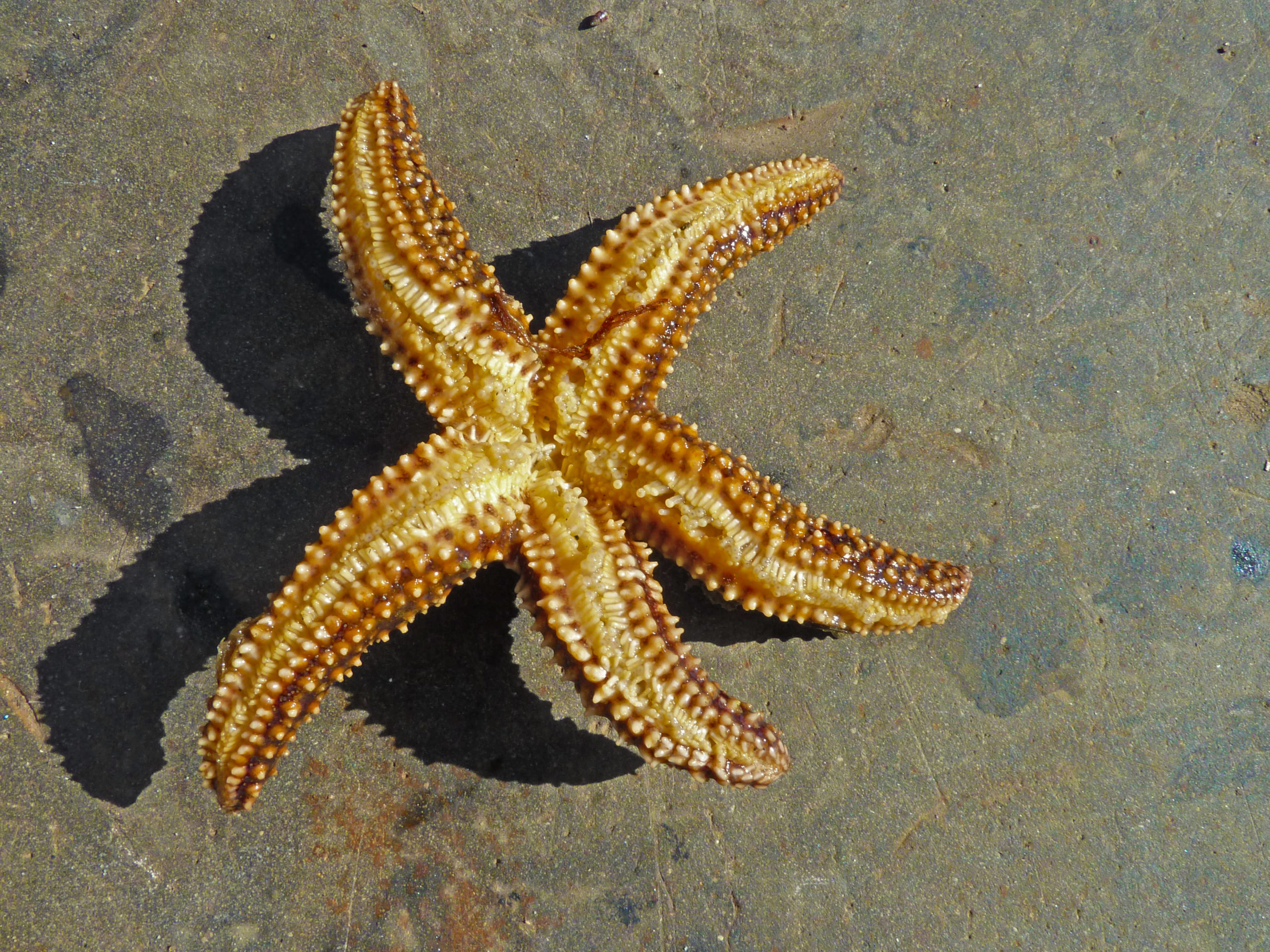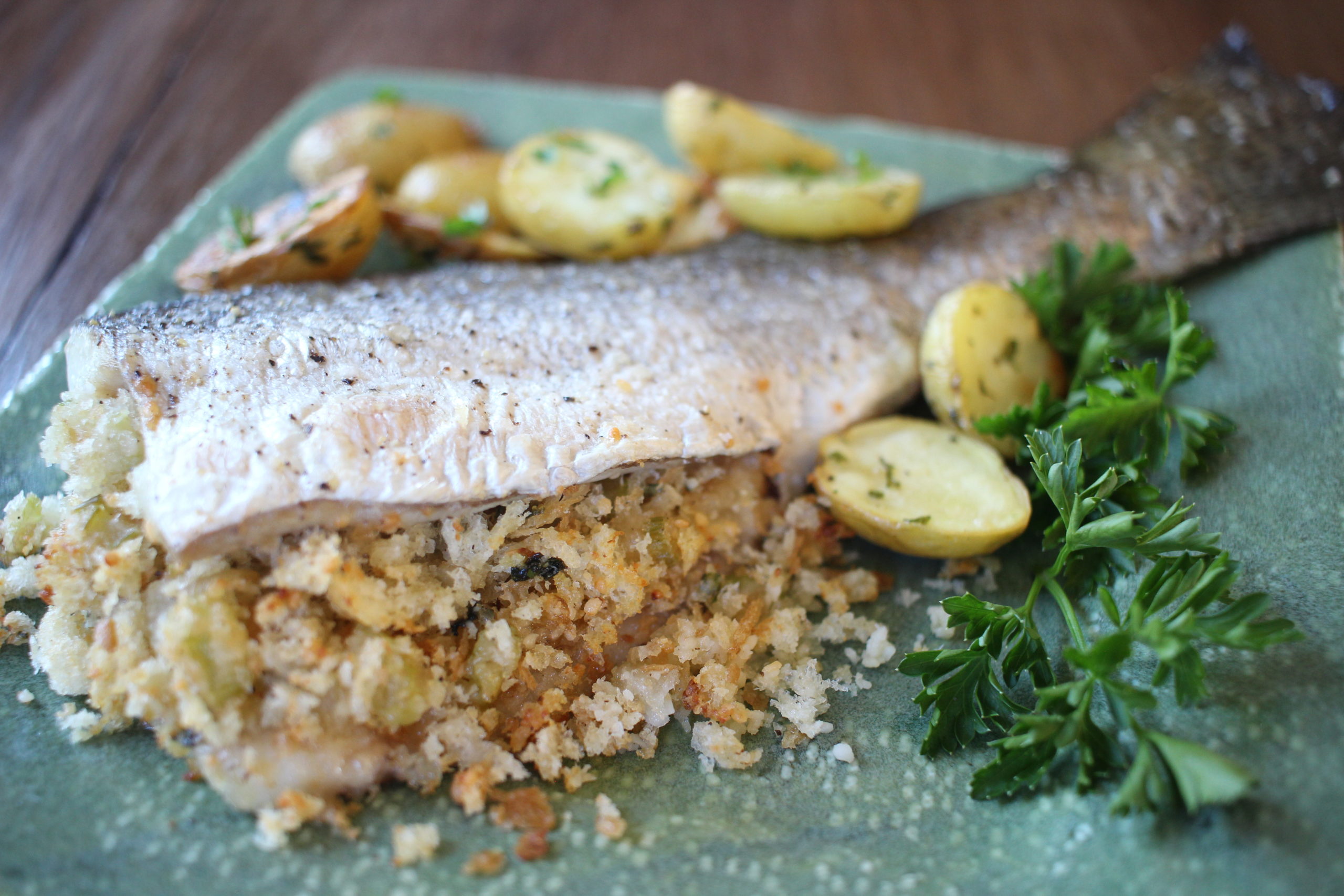From the Executive Director: Groundwork for Grand Challenges
Autumn flew past. Now come the holidays, which arrive more quickly every year.

It is also elementary science experiment season for 2nd and 4th graders. I have fond memories of my own requisite volcanoes, bug collections, and plant dissections. I’m not as sure how my parents recall those weeks of brainstorming with a final few days to execute and deliver a poster board. Although, I’ve got a pretty good idea now. Perhaps, it was not as rosy for them throughout the process. On the upside, I’m learning a lot about rabies (and also pumpkin decomposition after Halloween) in the company of family. That’s something to be thankful for!
Paths to accessing and enjoying science — and seeing applications in one’s own life — take many forms, come along at different times, and use varied avenues. North Carolina Sea Grant continues to engage students, faculty, and communities through science, technology, engineering, and mathematics (STEM) research and educational opportunities. Now we are expanding to a STEAM focus, as we strive to provide engaging efforts to integrate the arts into our programming.

In 2020, our Sea Grant program and the N.C. Water Resources Research Institute are among the cosponsors of Water/Ways, in partnership with the North Carolina Humanities Council. This Smithsonian touring exhibit dives into water — as a key component of life on our planet, environmentally, culturally, and historically.
Water/Ways clearly adds the A in STEAM. The series is part of the Humanities Council’s “Museums on Main Street” program that offered small-town museums, libraries, and cultural organizations a chance to catalyze community conversations about water’s impact on American culture. The exhibit explores water as an essential natural resource that allows us to travel, determines where we live, controls what we eat and drink, and inspires culture.
Six host sites, from the mountains to the coast, will showcase the exhibit in their respective communities, and will add local information and programming to highlight the topic. The tour begins in Burnsville in May 2020, then travels through 2021 with stops in Franklin, Wake Forest, Washington, Wrightsville Beach, and Graham.
I encourage you to attend one of these events, and bring your family and friends. Early and consistent access to and enjoyment of science, and seeing its local applications, is a critical factor for future engagement. Those early steps build an understanding of how, collectively, we can address grand challenges facing us here in North Carolina and elsewhere. You’ll learn about a few of these current challenges in this issue.
Communities are coming together to address repetitive storm-flooding impacts. Teams are working towards improving water quality conditions. Partners, including Sea Grant specialists, are enhancing aquaculture and fisheries economies here in North Carolina. Engaging science and culinary arts, our Sea Grant partner and New Bern native Ricky Moore shares his cultural culinary expertise, inviting those new to cooking seafood to join him in a new adventure.
Additional challenges and potential solutions were highlighted at our N.C. Coastal Conference in Wilmington in November. We were grateful to engage and learn from the nearly 200 attendees. I was especially pleased to see so many students and young professionals join us, and I look forward to learning how their opportunities to network and to present their own research will open new doors for their careers.
Strengthening science literacy requires work on many levels to encourage folks to interact with and see science impacts as relevant to our communities and our lives. I’ll keep you posted on our family’s science fair projects. I also welcome you to share your thoughts with me at snwhite3@ncsu.edu. Tell us how North Carolina Sea Grant can continue to expand our STEM and STEAM efforts.
— Susan White, Executive Director, North Carolina Sea Grant
- Categories:


